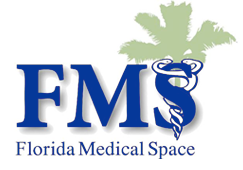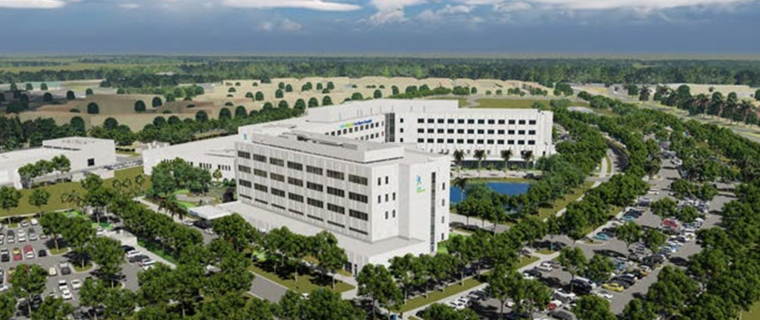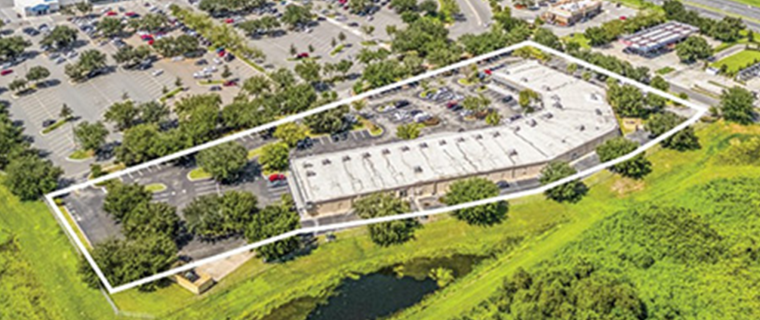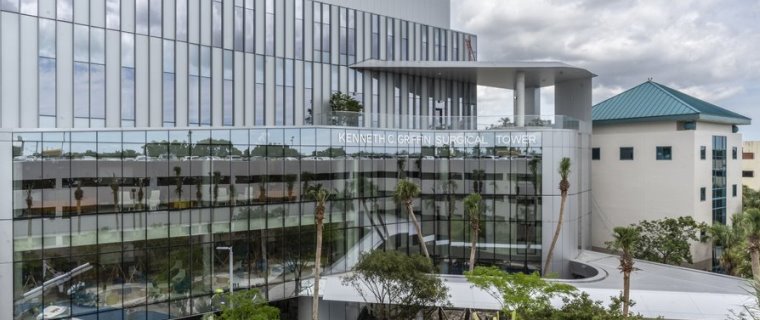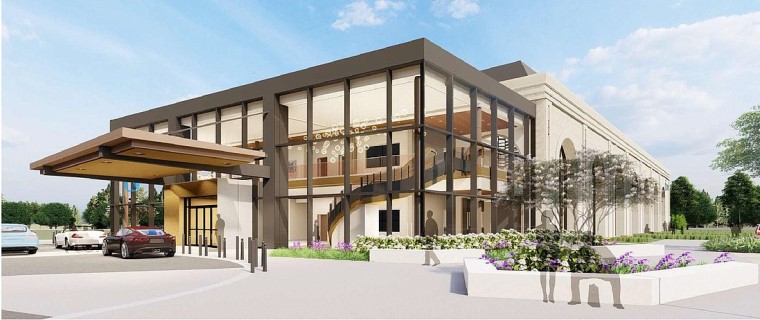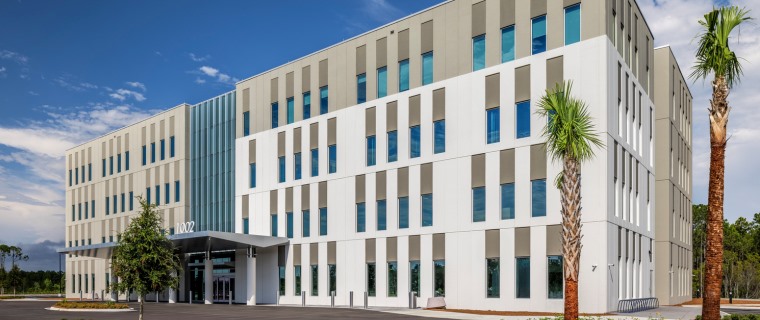A key component is a musculoskeletal institute connected to the hospital on Challenger Boulevard that could become a destination center attracting patients from outside the region.
The city issued a site-clearing permit Oct. 2 for the 10.52-acre property at southeast Butler and I-295.
The campus will include opportunities for FSU researchers focused on aging and digital health, as well as residency programs and clinical rotations for FSU medical students.
